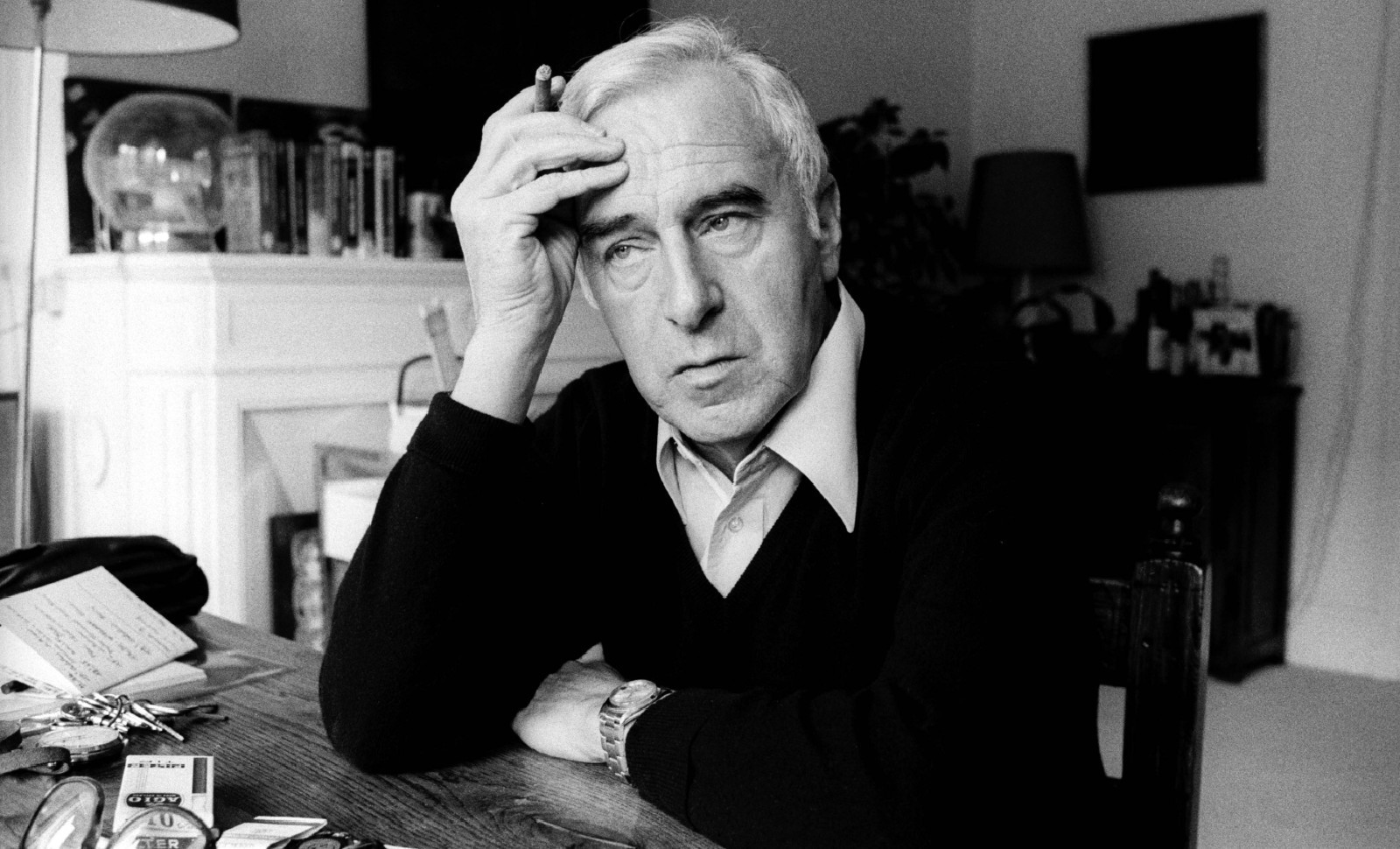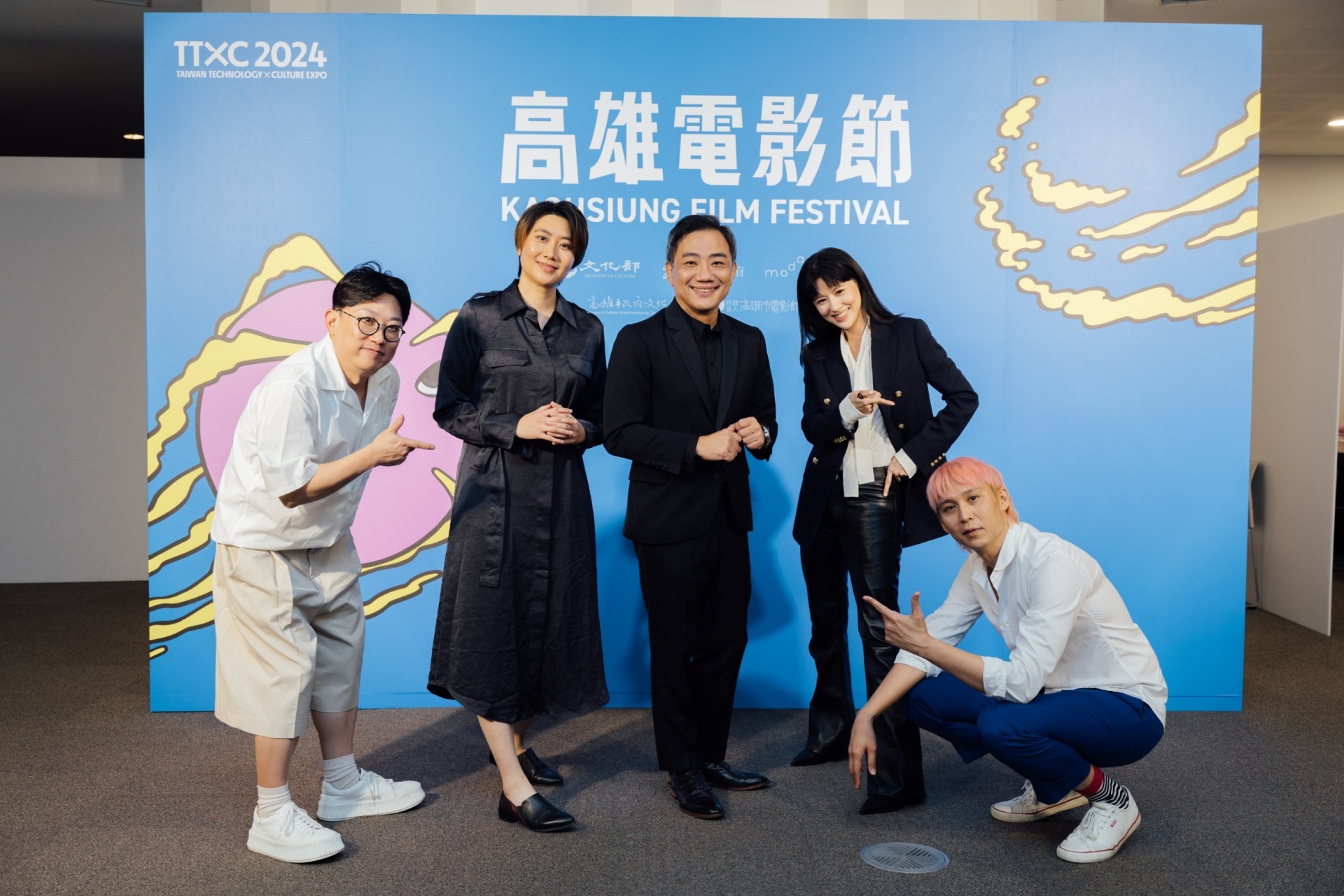【2024 KFF Report】For Art, For Love — Claude LELOUCH
|
|
Words by Hung Hung (Poet, theater and film director)
Director LELOUCH won the Palme d’Or at Cannes for A Man and a Woman at age 29, an honor that eluded TRUFFAUT, Jean-Luc GODARD, and Alain RESNAIS. However, no one considers him part of the New Wave; he is more like a successor of 19th-century Romanticism.
He has made films with the grandiosity of Alexandre DUMAS père (Bolero and The Beautiful Story), the intimate romance of Alexandre DUMAS fils (A Man and a Woman and Edith and Marcel), and even directed a version of Les Misérables. Having started off as a cinematographer, he excels in using sweeping camera movements to tell epic stories that span past and future, all centered on the question: "What is love?"
LELOUCH’s films are filled with his love of cinema and women. As a Jew, his parents hid him in a movie theater during World War II, sparking his love of film. As for women, he had four marriages, three to actresses and one to a screenwriter.
Love is the central theme of most of his films: in A Man and a Woman, a widow and widower become entangled in a complex relationship; in The Beautiful Story, a policeman relentlessly pursues a criminal he has fallen in love with; in Chance or Coincidence, a theater actor becomes infatuated with a grief-stricken stranger through footage on a stolen camcorder.
LELOUCH’s love is always intense and irrational, and might even be considered stalking in today’s society. Many of his films star his then-girlfriends or wives, such as Évelyne BOUIX in Edith and Marcel, Marie-Sophie L. in The Beautiful Story, and Alessandra MARTINES in Chance or Coincidence.
New Wave ideas and techniques are quite prevalent in LELOUCH’s romance films. A Man and a Woman features black-and-white photography and sexual tension reminiscent of TRUFFAUT’s The Soft Skin (TRUFFAUT was booed at Cannes, while LELOUCH scored both box office and critical success).
Long Live Life merges the styles of GODARD and Luis BUÑUEL, opening with a theater alarm to scare the audience, then weaving through sci-fi, espionage, and thriller genres with a dream-within-a-dream narrative structure like BUÑUEL’s The Discreet Charm of the Bourgeoisie. The Beautiful Story spans two millennia, blending narrative and commentary similar to RESNAIS' My American Uncle. Chance or Coincidence incorporates the theme of "lies" with on-screen subtitles revealing the characters' inner thoughts, adding a meta layer.
Another hallmark of LELOUCH's films is treating cinema as a "comprehensive art" that integrates various artistic mediums, of which music is the most pivotal: Bolero uses Maurice BÉJART's dance to bring Maurice RAVEL’s famous composition into popular culture by blending classical and pop music; Edith and Marcel is a essentially a compilation of chanson classics; Long Live Life has a catchy theme that runs through the entire film, composed by Didier BARBELIVIEN (who later married LELOUCH’s first wife, Christine COCHET).
The Beautiful Story opens with Jacques BREL’s La Valse à Mille Temps and time-lapse visuals of Place de la Concorde, with gypsy music played regularly throughout; and Chance or Coincidence is infused with the spirit of jazz. His films also feature various forms of theater, puppetry, dance, bullfighting, radio, and video, shaping his distinctively eloquent style.
In Long Live Life, a theater actor played by Jean-Louis TRINTIGNANT explains that there are three types of directors: those who tell stories, those who refuse to tell stories, and those who explain how to tell stories. Steven SPIELBERG is the first type, Federico FELLINI the second, and GODARD the third. Clearly, LELOUCH sees himself as a combination of all three. He enjoys making sweeping epics, using flashbacks, multiple narratives, and a mixture of intellect and emotion, music and drama.
LELOUCH’s films have captivated every generation of Taiwanese audiences, including A Man and a Woman in the 1960s, Bolero in the 1980s, and Chance or Coincidence in the 1990s. This year’s "Tribute to the Master" features most of these films.
I’m especially excited to revisit Edith and Marcel, which made me fall in love with French chanson in my early 20s. A rare gem is Long Live Life, which reflects Cold War nuclear fears and has newfound significance amid today’s nuclear arms expansion. Its cross-genre narrative is unpredictable, with LELOUCH himself appearing in the film, asking viewers not to spoil the ending.
The other is The Beautiful Story, perhaps LELOUCH’s ambitious take on Intolerance, featuring a protagonist named "Jesus" and exploring faith and love. It quotes French poet René CHAR, "Eternity is not much longer than life", reflecting LELOUCH’s belief that through art, our past, future, dreams, and reality can all become an eternal "now".
|More from KFF|



